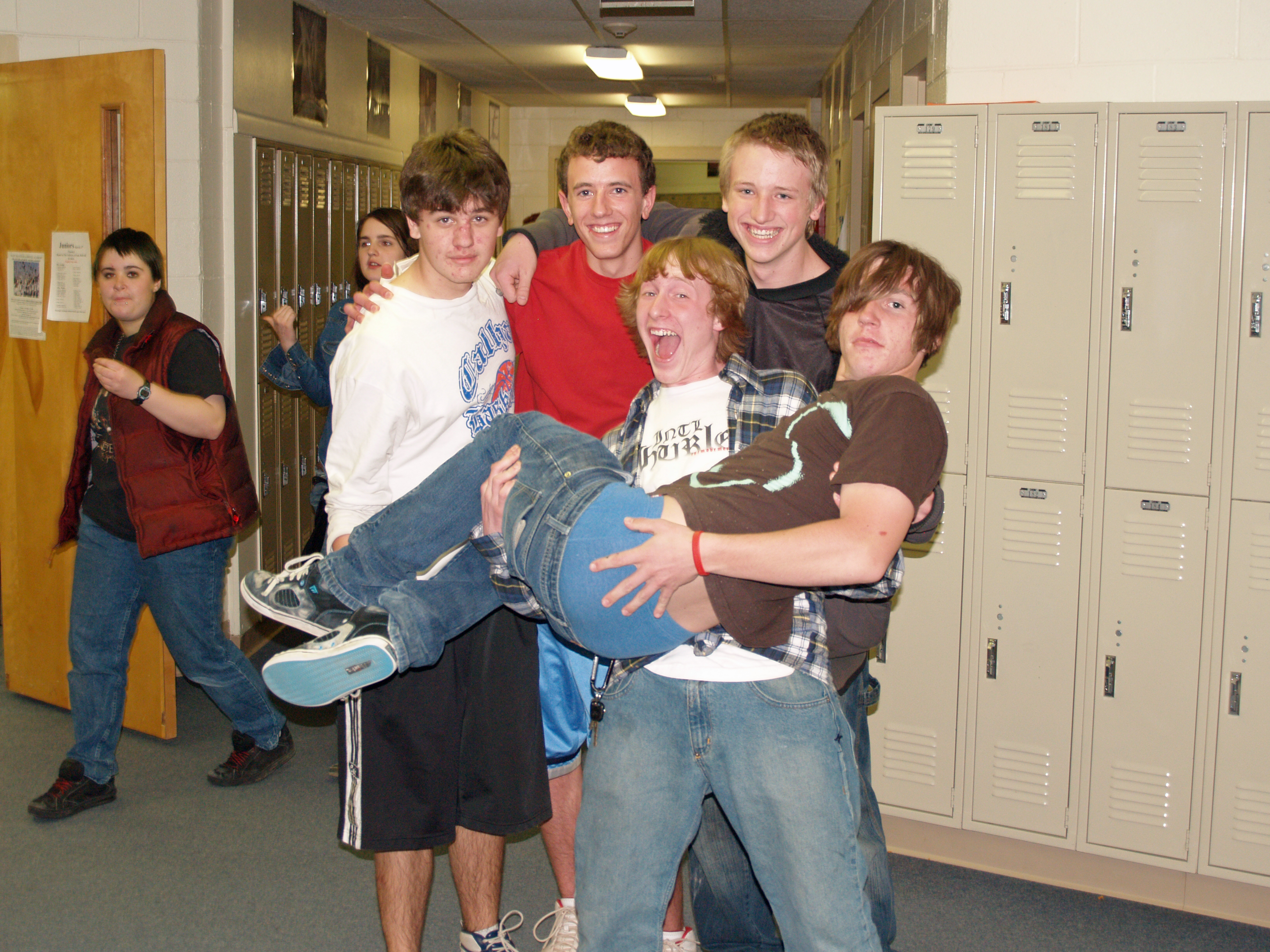Friday was a full moon, the day before spring break, and the last day of benchmark testing. We had just learned we are going to a four day week next year and one of our elementary schools is closing. Kids were not in the mood to be testing and many tried less than we would hope. I heard many teachers express frustration, defeat. We were all feeling a little unappreciated.
And then in the middle of the night, Governor Ducey and our state legislature passed a devastating budget that cuts our district's budget by an additional $600,000 (on top of the $2.7 million deficit we already face due to our override not passing). The budget also cuts 100% of funding to community colleges and many cuts to our state universities. In short, we pro-education, pro-child people felt defeated. My husband and I spent all day Saturday reeling with anger or crushed with sadness. I wanted to jump into action, but where do we begin?
| Link |
I am going to rock in my classroom. I am going to go back after spring break with some engaging, amazing activities for my kids. My alt-ed junior high students are not in the school mode this time of year, so I need to hook them back in. No matter what's going on outside my classroom, I owe it to my kids to be the best I can be. Remember - we make the weather in the classroom. If the kids are acting frustrating, we are the ones with the power to change it.
| Link |
I'm going to have kids collaborate and make choices. I'm going to hold them accountable and make sure they all learn. I'm going to differentiate, engage, and mix it up. Will it be more prep? Yes. Will it be worth it? Yes. In the past, when I've spent more time preparing for engaging lessons, I've seen that the kids and I are happier. They learn more, perform better on formative assessments, and can move on more quickly. Sometimes my ideas flop, but that's ok. My kids know we're in this together and we all make mistakes. What matters is that my kids will see that I am trying, that I have a positive attitude, that I believe they can achieve.
| Source |
How are you going to kick butt in your classroom next week? Please comment below! We all learn together.
--------------------------------------------------------------------------------------------------------------------------
*I learned about Triplets and Think Dots from Dr. Nanci Smith at the AZ K12 Center. She's amazing. The K12 Center is amazing. I highly recommend checking them out.
